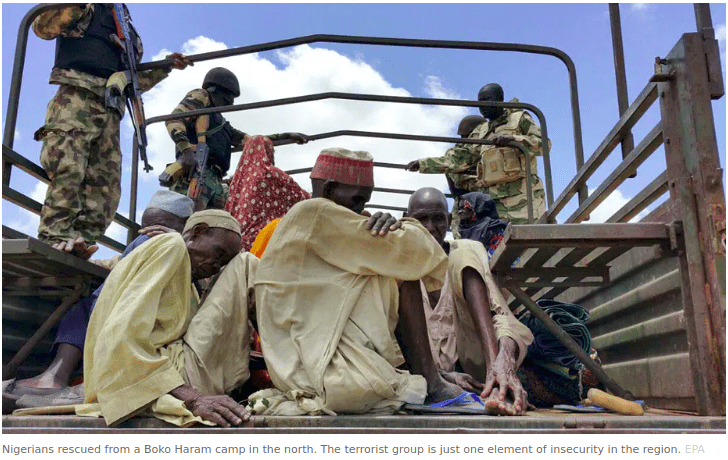National Issues
Unraveling the Complexity of Banditry in Zamfara: A Closer Look at the Challenges and Successes -By Abdullahi Adda’u Turawa
Banditry operates within intricate local dynamics. These groups capitalize on existing grievances, tribal affiliations, and historical alliances, which complicate efforts to dismantle them.

The ongoing battle against banditry in Zamfara state has seen recent victories attributed to successful military airstrikes targeting key bandit leaders. However, beneath these reported successes lies a deeper and more intricate reality. Despite eliminating some leaders, the sheer number of followers and their deeply ingrained indoctrination presents an enduring challenge.
The scale of local support and loyalty towards these bandit groups underscores the complexity of the situation. These groups, often consisting of various factions, have systematically terrorized communities, leaving a trail of fear and devastation in their wake.
Why has the eradication of banditry taken so long? The answer to this pressing query remains elusive. The multifaceted nature of the problem, intertwined with social, economic, and political factors, presents a formidable obstacle to swift resolution.
Understanding the intricate network of local alliances, allegiances, and the pervasive influence of these criminal groups is crucial in devising effective strategies to combat their menace. It’s not merely about targeting leaders but dismantling the extensive support structures that sustain these organizations.
As the nation continues its fight against banditry, the only certainty is that time will unveil the true extent of the challenges and successes in this ongoing battle. The complexities embedded within the banditry crisis necessitate a comprehensive approach, one that addresses not only the visible leaders but also the underlying causes and support systems perpetuating this menace.
When examining the situation in Zamfara regarding banditry, it’s essential to delve deeper into the complexities that contribute to the prolonged struggle against these criminal groups.
Socioeconomic Factors: The roots of banditry often lie in socioeconomic disparities. Unemployment, poverty, and lack of access to education contribute to the vulnerability of individuals, making them susceptible to joining these groups for financial gains or a sense of belonging.
Banditry operates within intricate local dynamics. These groups capitalize on existing grievances, tribal affiliations, and historical alliances, which complicate efforts to dismantle them.
Loyalties within communities, either due to fear or sympathies, can hinder collaboration with authorities.
The vast and rugged terrain of Zamfara provides hideouts and safe havens for bandits, making it challenging for security forces to track and eliminate them swiftly.
Bandit groups often have access to sophisticated weapons, acquired through various illegal means. This arms proliferation amplifies their capabilities and poses a significant challenge for security forces.
Despite the military’s efforts, resource constraints and gaps in intelligence gathering can impede successful operations against banditry.
Psychological Warfare and Indoctrination: Bandit leaders often manipulate and indoctrinate their followers, creating a deeply ingrained belief system that perpetuates their criminal activities. Breaking this psychological hold is as crucial as eliminating the physical threat they pose.
Addressing these multifaceted challenges demands a holistic approach that extends beyond military operations. It involves socioeconomic reforms, community engagement programs, intelligence enhancement, and diplomatic efforts to tackle cross-border arms trafficking that sustains these criminal activities.
While recent military successes are commendable, the complexity of the situation necessitates a sustained, multifaceted strategy.
Success will depend not only on the military’s prowess but also on collaborative efforts encompassing governance, socioeconomic development, intelligence, and community involvement to root out banditry in Zamfara and beyond.
Abdullahi Adda’u Turawa, Wrote from Zaria










